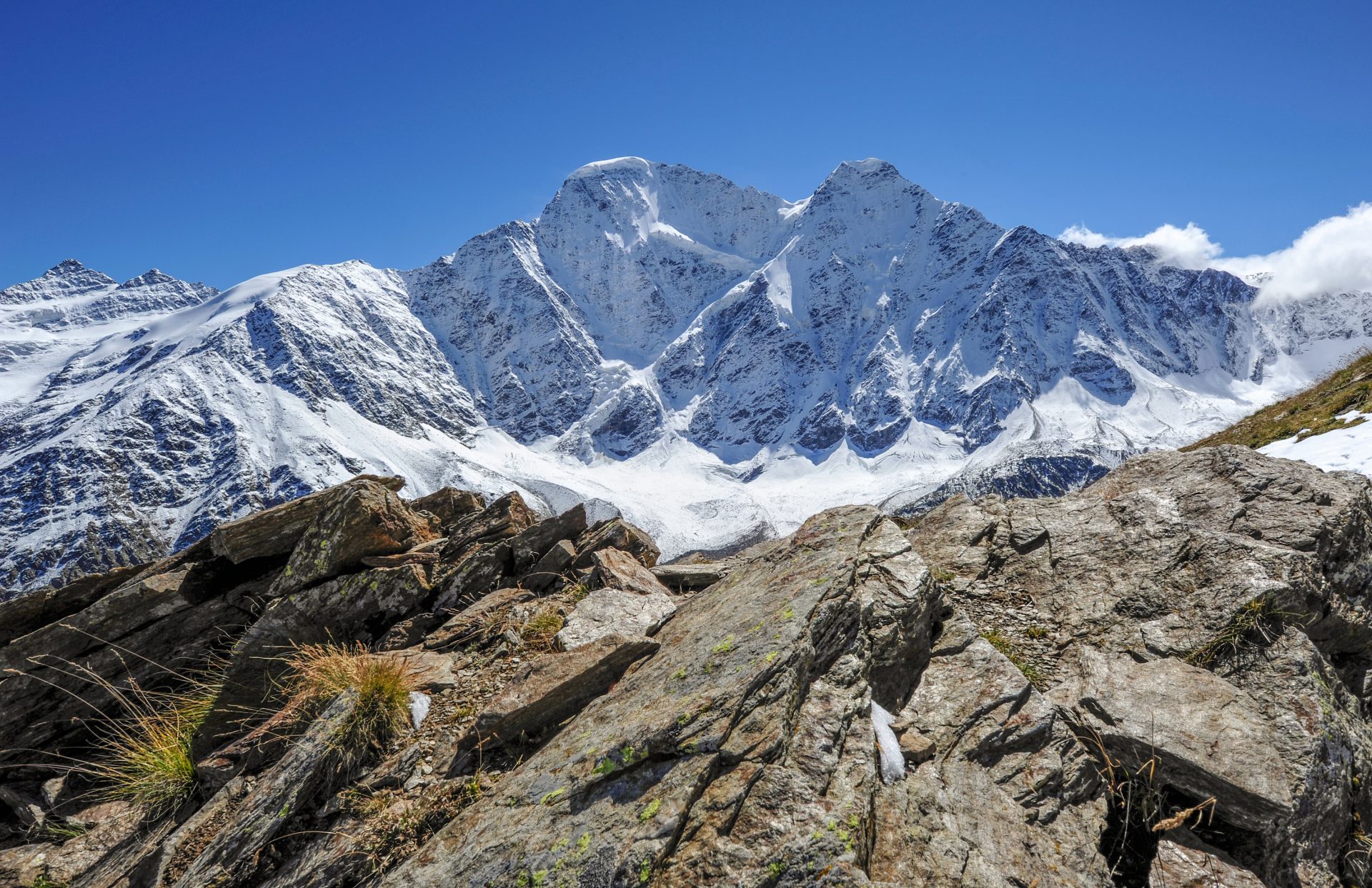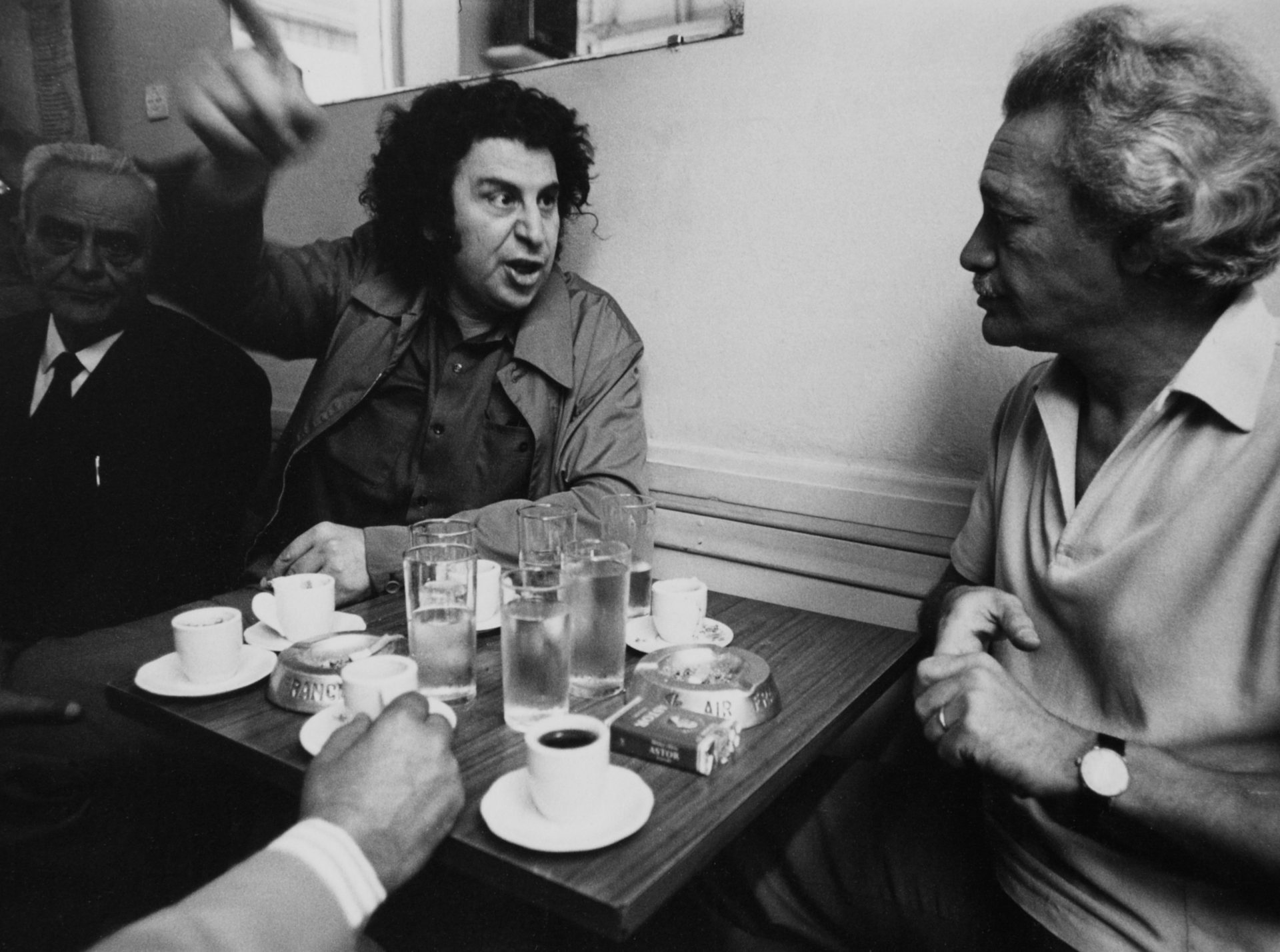A landscape of high mountains and narrow valleys stretching from the Black to the Caspian Seas, the Caucasus region has been home to human populations for nearly two million years. It is a story of encounters between many different peoples, from Scythians, Turkic and Mongol peoples of the East to Greeks and Romans from the west, from Indo-European tribes from the west as well as the east, and to Arabs and Iranians from the south. It is a story of rival claims by empires and nations and of how the region has become home to more than 50 languages that can be heard within its borders to this very day.
The recent history of the Caucasian republics north and south of the mountain ridge shows that regional ethnic diversity is still a major obstacle to the formation of multi-ethnic states. In the case of Armenia and Azerbaijan, the ethnic animosities are further intensified by the different religious affiliations.
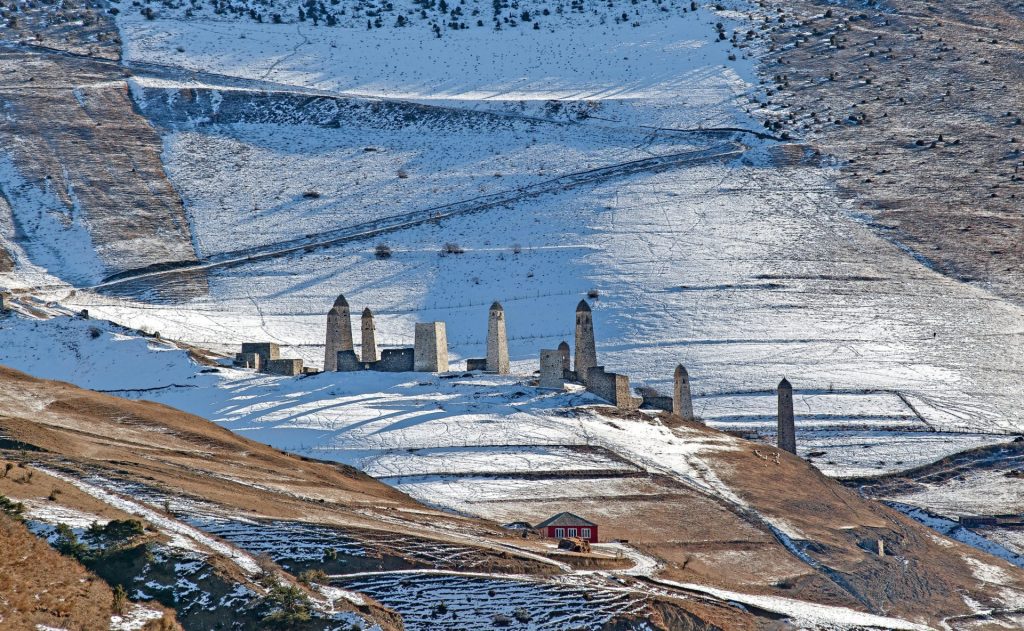
The political fragmentation of the Caucasus is not in itself a disadvantage, but the unsatisfactory or even non-existent cooperation between the individual states is. In the southern Caucasus in particular, military expenditure is so high owing to the latent risks of war that there is often a lack of funds for other purposes. While the political situation in Azerbaijan is fairly stable as a result of the authoritarian presidential system of government of the Aliyev family dynasty established in 1993 and the steady income from fossil fuels, the political situation in Armenia and Georgia remains crisis-prone.
Since the revolution of 2003, politics in Georgia has been shaped by the multi-billionaire Bidzina Ivanishvili, who alternately acts in the open as an active politician and in secret behind closed doors. In Armenia, the bloodless revolution of April 2018 raised hopes for an efficacious fight against corruption and nepotism.
At the same time, the internationally unrecognised political entities of Artsakh/ Nagorno-Karabakh, South Ossetia and Abkhazia would hardly be economically viable without Armenia and Russia as their sponsors. The republics and regions in the North Caucasus belonging to the Russian Federation are heavily dependent on internal Russian economic relations and rely on financial support from Moscow.
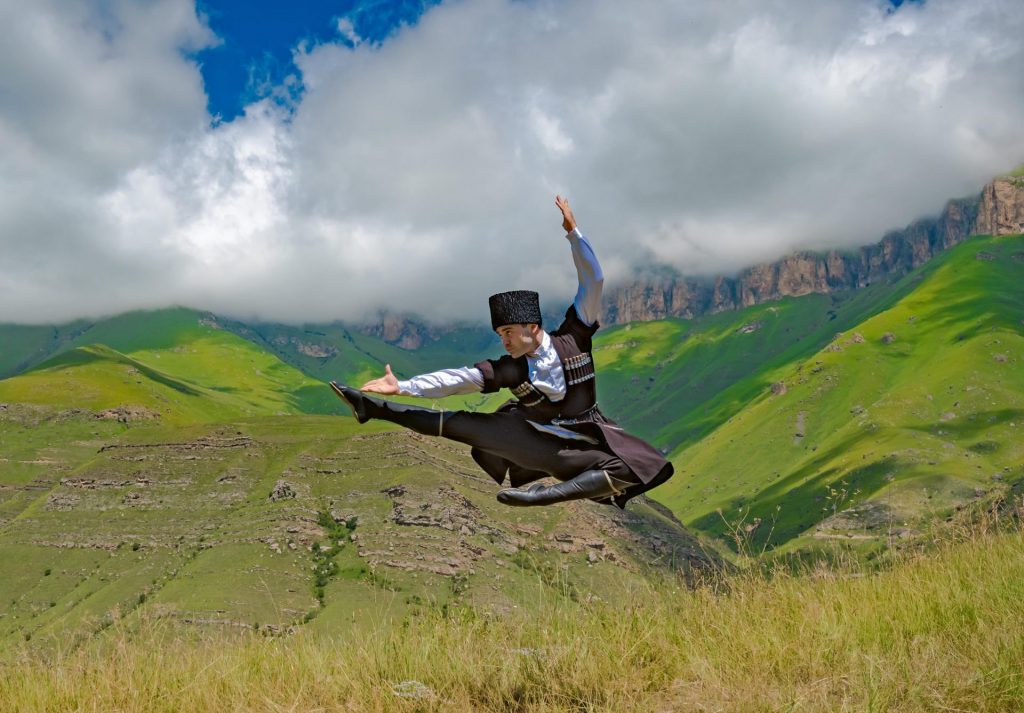
From a geopolitical perspective, the only three countries with a long-term and strategic interest in the Caucasus region are Russia, Turkey and, to a lesser degree, Iran.
Moscow is engaged in the Caucasus in order to secure its southern flank, whether against Islamist infiltrations or an advance by Nato. Russia has clearly stated on several occasions that it would not tolerate Georgia’s admission to the US-dominated military alliance any more than it would for Ukraine.
Turkey, on the other hand, sees itself as the leading power of the Turkic-speaking nations and is therefore focusing on Azerbaijan and Central Asia. The Turkey-Azerbaijan axis is also of great importance to Ankara with regard to energy policy, as it obtains crude oil and natural gas from Azerbaijan via the BTC and BTE pipelines.
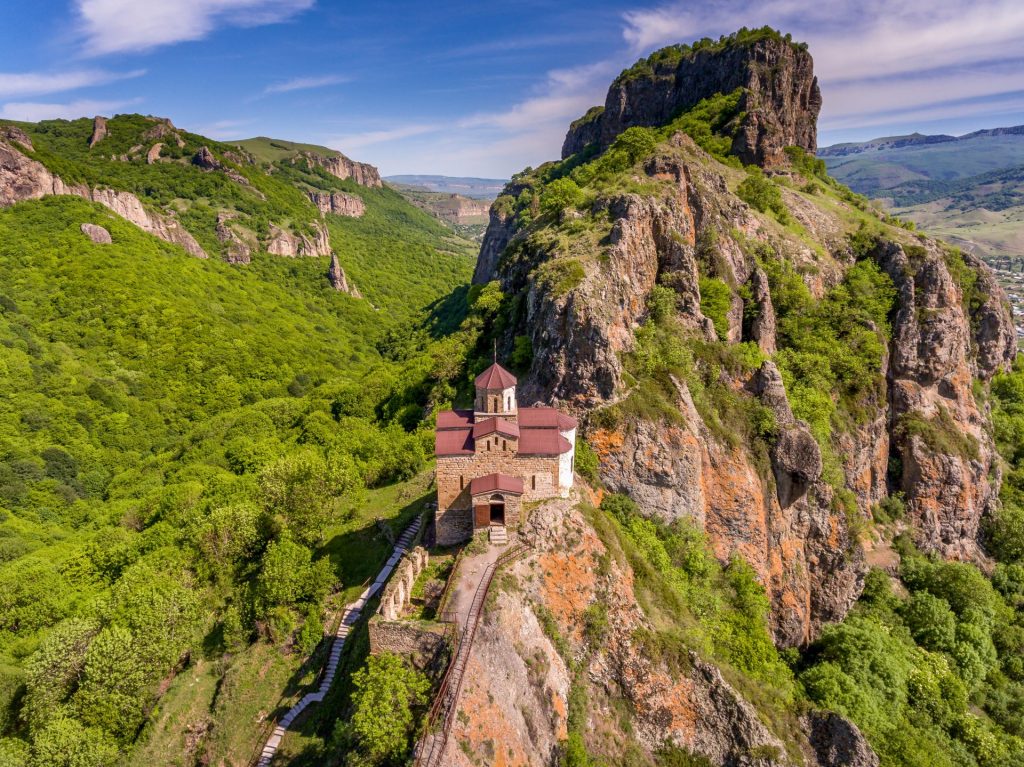
Iran’s main interest is to ensure that no political movement for the unification of Azerbaijani and Iranian Azeris emerges under the leadership of the Republic of Azerbaijan. In the past, Iran supported Armenia in the Nagorno-Karabakh conflict in order to keep pressure on Azerbaijan not to meddle in domestic Iranian ethnolinguistic issues. But for domestic reasons, Iran stayed neutral during the Second Nagorno-Karabakh War of 2020.
In terms of the US global strategy, however, the states of the South Caucasus play at best a secondary role. The European Union also does not regard this region as a priority.
As far as China’s Belt and Road Initiative (BRI) is concerned, the Caucasus states are threatened with further isolation from global trade flows. The planned northern main artery runs from China via Kazakhstan and Moscow to Germany and Rotterdam, while the southern main artery crosses Central Asia, northern Iran and Turkey to reach Western Europe via the Balkans.
At most as a secondary route, there are plans for a section parallel to the BTC pipeline, which would again bypass Armenia. Ultimately, internal stability and prosperity in the southern Caucasus can only be ensured over the long run if the three Gordian knots of Karabakh, Abkhazia and South Ossetia can be severed.
■ Extracted from History of the Caucasus: Volume 1: At the Crossroads of Empire (I.B. Tauris), by Christoph Baumer

